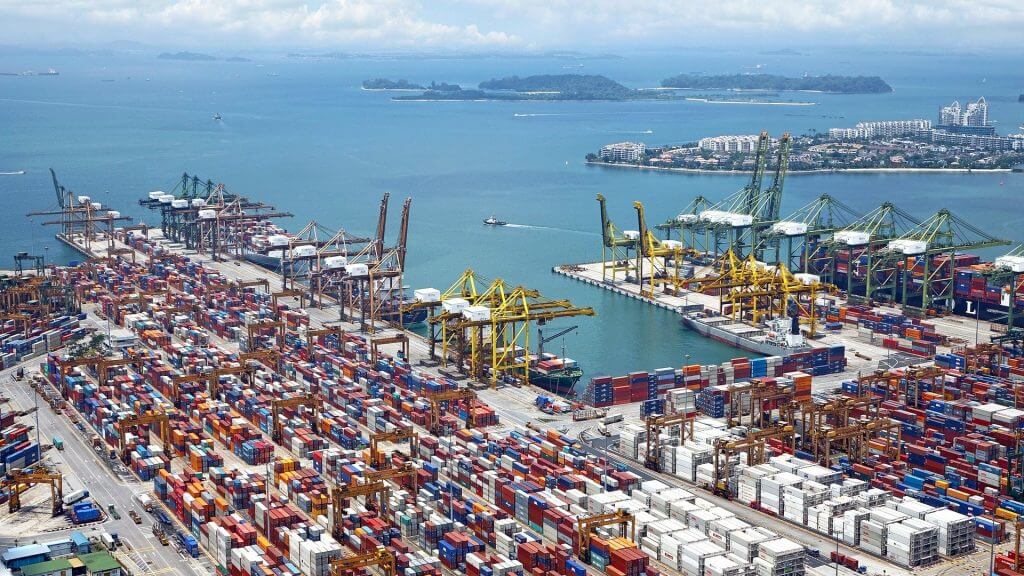Funded under this initiative and led by Geospatial Insight, the CACHE 22 feasibility project is focussed on the development of environmental sustainability and energy efficiency services, responding to global concerns about air pollution in ports and harbours. This project also addresses the European Sea Ports Organisation’s (ESPO) priority areas, namely air pollution, energy usage and de-carbonisation, with the aim of providing an innovative, commercially viable solution to port sector stakeholders and with space-derived data at its core. The project team includes two other space-orientated SMEs, Energeo and Redshift Associates, as well as Bable, a leading Smart Cities Consultancy and is supported by a number of major UK and European port operators, led by Belfast Harbour.
Air pollution is a major worldwide health and environmental issue, linked to hundreds of thousands of premature deaths in the European Union (EU) alone, as well as causing a range of other health-related issues. With more than 90% of EU ports heavily reliant on fossil fuels, and most being closely integrated with towns and cities, ports contribute significantly to urban carbon footprints and rising air pollution levels
"WITH MORE THAN 90% OF EU PORTS HEAVILY RELIANT ON FOSSIL FUELS... PORTS CONTRIBUTE SIGNIFICANTLY TO URBAN CARBON FOOTPRINTS AND RISING AIR POLLUTION LEVELS."
With the shipping and port industry being so highly dependent on fossil fuels, strategies to reduce fossil fuel dependence within the industry are high on the agenda for many port managing bodies, coupled with a drive to improve operational efficiency and move towards zero-carbon operations and long-term environmental sustainability. CACHE 22 is focused on the market viability of two closely linked services; an air quality service for managing and reducing air pollution in relation to shipping and transport, and an energy efficient service for reducing energy demands and stimulating the uptake of renewable energy solutions. Targeting the delivery of stringent emission controls and tighter energy conservative objectives, a wealth of benefits are anticipated, including health benefits for port users and those living in neighbouring areas, tariff reductions for cleaner vessels, additional revenue from clean energy capacity and reduced operating costs.
Highlighting the use of geospatial data and combining this with advanced data analytics and interrogation techniques, CACHE 22 is highlighting the possibility of rapidly and remotely surveying ports for energy efficiency and clean energy potential. CACHE 22 also combines satellite data and public-domain data to produce accurate urban air pollution models, monitoring ship emissions in ports and the surrounding areas. Levering geospatial data and technology can reduce initial costs, accelerate the process of gathering intelligence and present actionable insights to the end user to facilitate strategic response.
"...CACHE 22 IS HIGHLIGHTING THE POSSIBILITY OF RAPIDLY AND REMOTELY SURVEYING PORTS FOR ENERGY EFFICIENCY AND CLEAN AIR POTENTIAL."
The ‘Port of the Future’ initiative will play a fundamental role in addressing the environmental challenges the port and shipping industry face. As a key project within this initiative, CACHE 22 clearly demonstrates the value of space-derived data when combined with advanced analytics, providing detailed intelligence of air pollution levels and supporting the implementation of strategies to improve air quality and accelerate the transition to low carbon port operations.
This activity is funded by the UK Space Agency’s contribution to ESA’s Space Solutions initiative.

